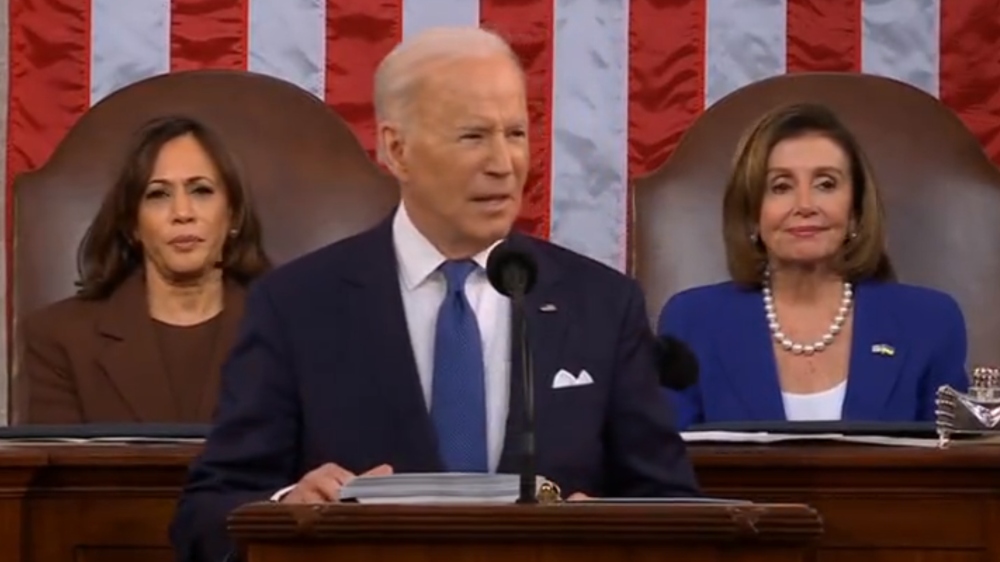Social security expected to run out of money by 2033, a year earlier than previous predictions
04/05/2023 / By Cassie B.

The Social Security trust funds that pay for the benefits of 67 million Americans are now expected to run out in 2033, a year earlier than previous projections. This is according to the yearly trustees’ report released last week by the Treasury Department.
The impending insolvency is largely due to a 3 percent downward revision of the country’s gross domestic product and labor productivity in the decade to come. The report warns that unless Congress intervenes and makes some changes to the program, more than 66 million Americans could face a reduction of between 23 and 25 percent in their benefits.
Medicare is also facing a shortfall. According to the report, the hospital insurance trust fund of Medicare (Part A), which covers inpatient hospital stays, only has enough funds to cover its full scheduled benefits until 2031. This is when its reserves will be depleted, but ongoing income should allow the program to pay out 89 percent of scheduled benefits.
Another big problem that Medicare and Social Security are contending with is the aging American population. Fewer workers have been paying into the program lately to support the rising number of beneficiaries. At the same time, healthcare is becoming more expensive, and people are living longer and needing benefits for more years than in the past.
Updated data on economic output and inflation have seen expectations about the long-term health of social security fall. And while Medicare is expected to bring in more income as average wages and covered workers rise, it will not bring in sufficient funds to cover the costs it will incur.
No good solutions have been put forward to solve Social Security’s looming insolvency
Earlier this month, the White House proposed a plan for extending the solvency of Medicare Part A for 25 years by raising the Medicare tax rate on those with incomes exceeding $400,000 and closing certain loopholes that allow some individuals to be shielded from the tax. However, no specific proposals have been put forward for resolving Social Security’s insolvency.
Senator Mitt Romney (R-Utah) released a statement calling on Washington to stop ignoring these impending insolvencies, saying that “the clock is ticking for us to act.”
“The unserious proposals and dishonest claims put forth to score political points must stop. The ballooning national debt, out-of-control mandatory spending, and looming insolvency of federal trust funds are interconnected. Congress and the White House must put the games aside and get our fiscal house in order,” he noted.
Senators Bill Cassidy (R-Louisiana) and Angus King (I-Maine) have created a bipartisan group to address the question of social security’s insolvency, which they describe as a “complicated math challenge” and “existential threat.” They are looking into ideas such as changing the formula for calculating benefits, raising the age of retirement to 70, and increasing the cap on payroll tax, among other options. President Biden has not yet responded to their repeated requests for a meeting to discuss the program.
Experts widely believe that any changes to help boost social security will require significant tax hikes or dramatic changes to benefits, which means that time is running out for policymakers to implement changes in a gradual manner that does not cause big disruptions to people’s retirement plans or the economy at large.
Acting Social Security Commissioner Kilolo Kijakazi said in a statement that was released alongside the report: “The Trustees continue to recommend that Congress address the projected trust fund shortfalls in a timely fashion to phase in necessary changes gradually. With informed discussion, creative thinking, and timely legislative action, Social Security can continue to protect future generations.”
Sources for this article include:
Submit a correction >>
Tagged Under:
aging population, benefits, big government, Collapse, currency crash, debt bomb, debt collapse, dollar demise, economic riot, government debt, Inflation, insolvency, Joe Biden, longevity, Medicare, national debt, Retirement, social security, White House
This article may contain statements that reflect the opinion of the author
RECENT NEWS & ARTICLES
COPYRIGHT © 2017 BIG GOVERNMENT NEWS




















